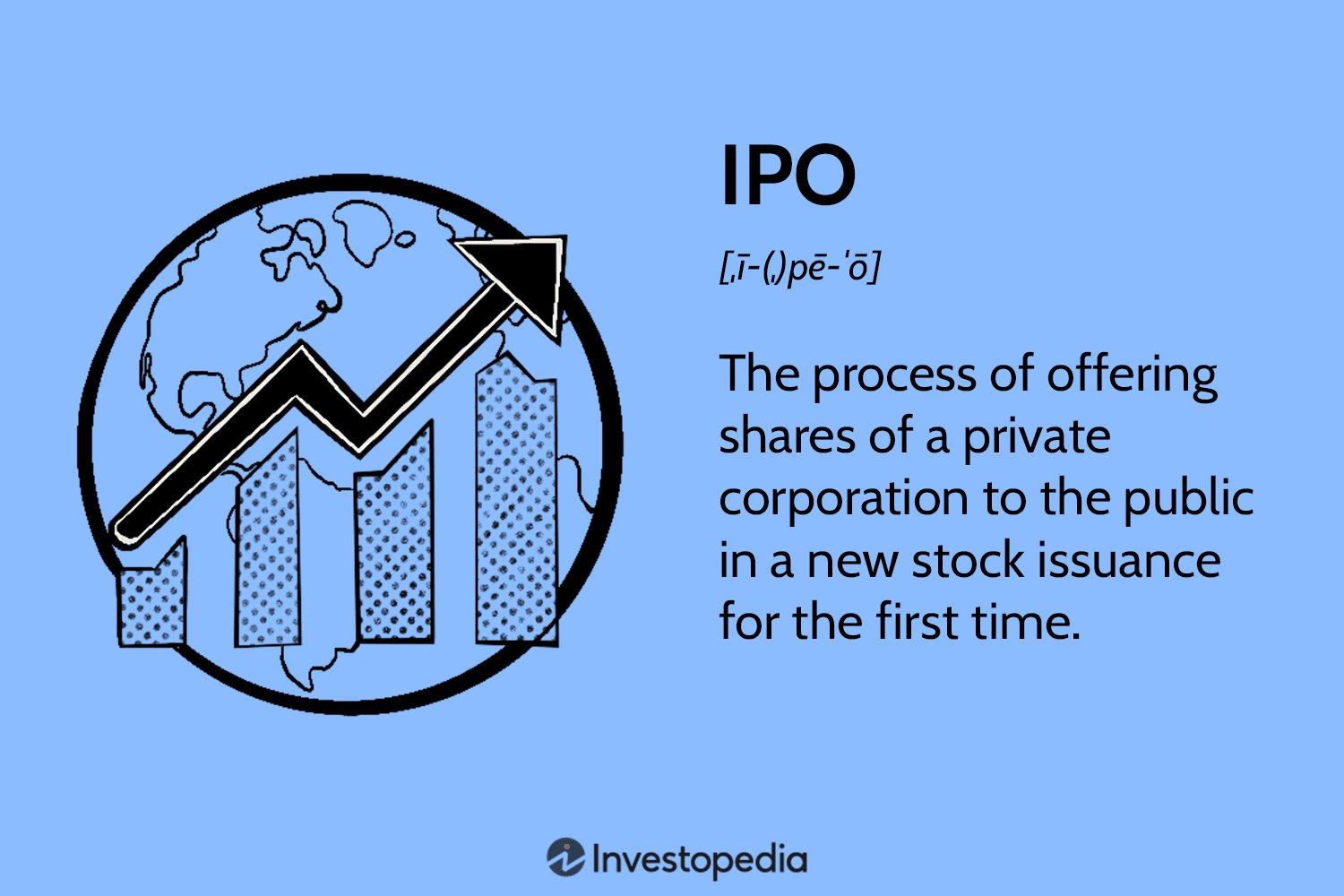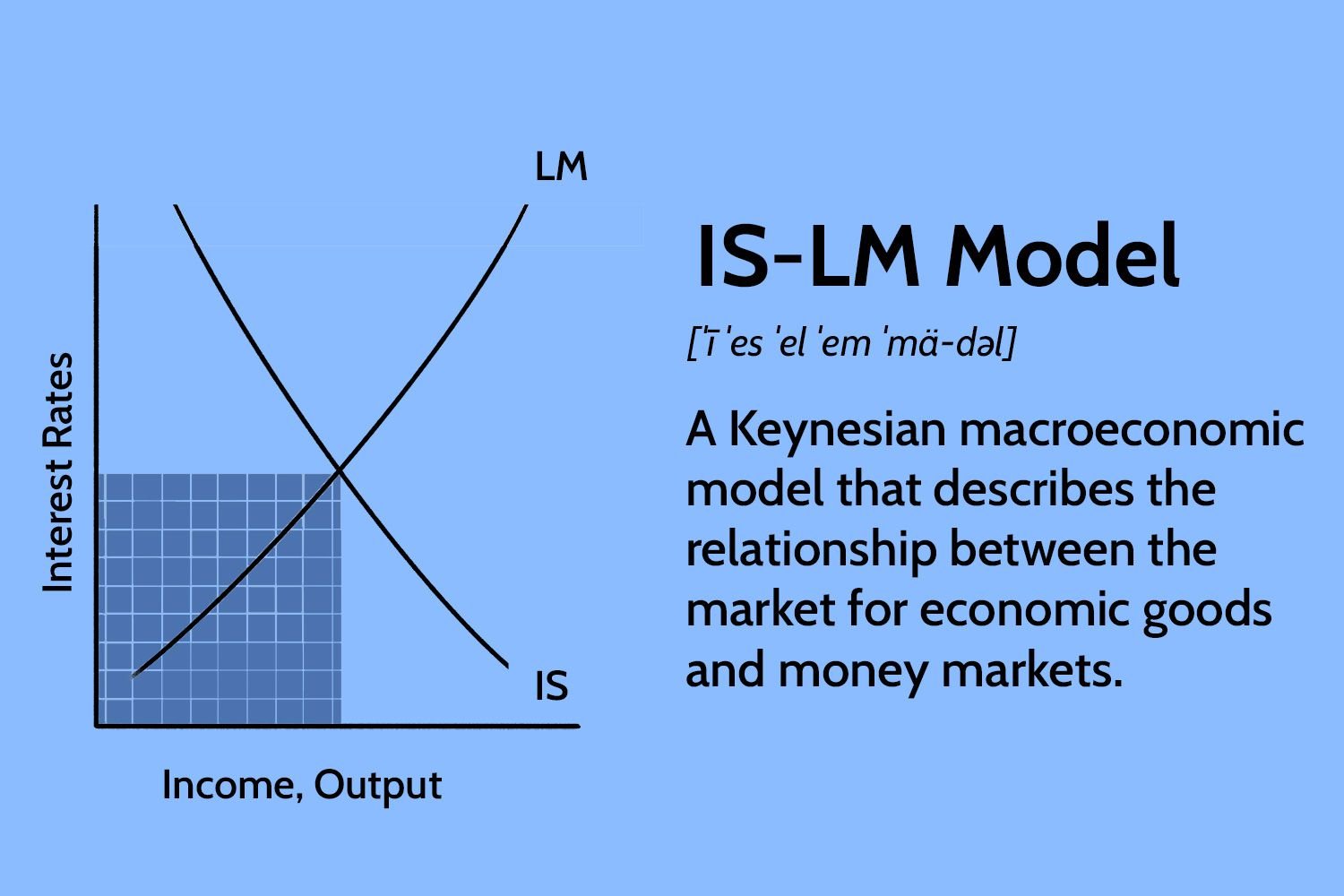Looking for a reliable financial advisor? You’re not alone. Navigating the world of personal finance can be overwhelming, but fear not! We’ve got some valuable tips to help you choose the perfect advisor for your needs. Whether you’re planning for retirement, saving for a big purchase, or simply looking for expert guidance on your financial journey, these tips for choosing a reliable financial advisor will steer you in the right direction. So, let’s dive in and discover how you can find a trusted partner to guide you towards financial success.
Tips for Choosing a Reliable Financial Advisor
Choosing a financial advisor is a crucial decision that can significantly impact your financial well-being. With countless options available, it can be overwhelming to find a reliable and trustworthy advisor who aligns with your goals and values. To help you navigate this process, we have compiled a list of essential tips for choosing a reliable financial advisor. Whether you are a novice investor or have years of experience, these guidelines will assist you in making an informed decision.
1. Determine Your Financial Goals
Before you start looking for a financial advisor, it is crucial to understand your financial goals and objectives. Take some time to assess your current financial situation and identify what you want to achieve in the short and long term. Are you planning for retirement, buying a home, or saving for your child’s education? Knowing your goals will help you find an advisor who specializes in areas that are relevant to your needs.
2. Research Different Types of Advisors
Financial advisors come in various forms, including certified financial planners (CFP), registered investment advisors (RIA), and stockbrokers. Each type has a different set of qualifications, services, and regulatory obligations. Understanding these distinctions will help you determine which type of advisor is best suited for your specific requirements. Take the time to research each type and their associated credentials to ensure you find the right fit.
Registered Investment Advisors (RIA)
These advisors are held to a fiduciary standard, meaning they are legally obligated to act in your best interest. They provide comprehensive financial planning advice and have a duty to minimize conflicts of interest. They typically charge fees based on a percentage of assets under management (AUM).
Certified Financial Planners (CFP)
CFPs are professionals who have completed rigorous education, examination, and experience requirements. They possess in-depth knowledge in various areas of financial planning and can assist with comprehensive financial advice. CFPs can charge fees, receive commissions, or a combination of both.
Stockbrokers
Stockbrokers, also known as registered representatives, primarily focus on buying and selling securities such as stocks, bonds, and mutual funds. They are regulated by the Financial Industry Regulatory Authority (FINRA) and may earn commissions on the financial products they sell. It is important to note that stockbrokers are not held to the same fiduciary standard as RIAs.
3. Check Licenses and Credentials
When selecting a financial advisor, it is crucial to verify their licenses and credentials. Look for professionals who hold relevant certifications such as Certified Financial Planner (CFP), Chartered Financial Analyst (CFA), or Personal Financial Specialist (PFS). These designations demonstrate a commitment to ongoing education and ethical practices.
Furthermore, ensure that the advisor is registered with the appropriate regulatory bodies such as the Securities and Exchange Commission (SEC) or state securities regulators. These registrations indicate that the advisor has met certain qualifications and is authorized to provide financial advice.
4. Consider Relevant Experience
Experience plays a vital role in the financial services industry. It is essential to inquire about an advisor’s background and expertise. Consider the number of years they have been practicing, their client base, and their track record of success. Additionally, ask if they have worked with clients in similar financial situations or with comparable goals to yours. A seasoned advisor who understands your unique circumstances can provide valuable insights and guidance.
5. Understand the Fee Structure
Financial advisors charge fees for their services in different ways. It is important to understand the fee structure and ensure it aligns with your preferences. Common fee structures include:
- Hourly: Some advisors charge an hourly fee for the time they spend working with clients.
- Flat fee: A flat fee is a predetermined amount charged for specific services, such as creating a financial plan.
- Percentage of Assets Under Management (AUM): Many advisors charge a percentage of the total assets they manage on your behalf.
- Commission: Some advisors earn commissions by selling financial products like insurance policies or mutual funds.
- Combination of Fees and Commissions: Some advisors may charge a combination of fees and earn commissions from product sales. Ensure you understand any potential conflicts of interest associated with this structure.
Discuss the fee structure with potential advisors and ask for a clear breakdown of the costs involved. Make sure you are comfortable with the fees before making a final decision.
6. Evaluate the Advisor’s Communication Style
Effective communication is crucial for a successful relationship with your financial advisor. During your initial meetings or interviews, pay close attention to how the advisor communicates complex financial concepts. They should be able to explain investment strategies, risk factors, and other relevant information in a way that is easy to understand. Additionally, consider the frequency and mode of communication that works best for you. Do you prefer face-to-face meetings, phone calls, or virtual consultations? Ensure that the advisor’s communication style aligns with your preferences and needs.
7. Seek Recommendations and Read Reviews
Word-of-mouth recommendations can be invaluable when choosing a financial advisor. Ask family members, friends, or colleagues who have worked with financial advisors for their recommendations. Inquire about their overall satisfaction with the advisor’s services and if they have achieved their financial goals.
Additionally, take the time to read online reviews and testimonials. Websites like Yelp or the advisor’s own website may provide insights into previous clients’ experiences. While reviews should not be the sole basis for your decision, they can provide supplementary information to help you make an informed choice.
8. Conduct Interviews
Once you have narrowed down your options, schedule interviews or meetings with the prospective advisors. Prepare a list of questions that will help you assess their qualifications, experience, and approach to financial planning. Consider asking questions such as:
- How do you typically work with clients to develop a financial plan?
- What is your investment philosophy?
- How often will we review my financial plan and investment portfolio?
- What happens if you are unavailable or retire?
- What is your approach to risk management?
By conducting interviews, you can get a better sense of each advisor’s expertise, communication style, and overall fit with your needs.
9. Trust Your Instincts
Lastly, trust your instincts when choosing a financial advisor. While qualifications and experience are essential, it is equally important to work with someone you trust and feel comfortable sharing personal financial information with. Your financial advisor should be someone you can build a long-term relationship with, as financial planning is an ongoing process that requires trust and open communication.
In conclusion, choosing a reliable financial advisor requires careful consideration of your financial goals, the advisor’s qualifications, fees, and communication style. By following these tips, you can make an informed decision to ensure your financial future is in capable hands. Remember, the right financial advisor will serve as your trusted partner on your journey towards financial success.
How to Pick the RIGHT Financial Advisor | 12 Questions
Frequently Asked Questions
Frequently Asked Questions (FAQs)
1. How do I start looking for a reliable financial advisor?
When searching for a reliable financial advisor, it is important to start by assessing your financial goals and needs. Consider asking for recommendations from friends, family, or colleagues who have had positive experiences with their advisors. Additionally, you can research reputable financial advisor associations or use online platforms that provide directories of certified advisors.
2. What qualifications should I look for in a financial advisor?
It is recommended to look for financial advisors who have relevant certifications and qualifications such as Certified Financial Planner (CFP), Certified Public Accountant (CPA), or Chartered Financial Analyst (CFA). These certifications ensure that the advisor has undergone rigorous training and adheres to professional ethical standards.
3. How can I verify the credentials and reputation of a financial advisor?
You can verify the credentials and reputation of a financial advisor by checking their certifications with the respective certifying bodies. Additionally, you can research the advisor’s background through online platforms, such as the Financial Industry Regulatory Authority’s (FINRA) BrokerCheck or the Securities and Exchange Commission’s (SEC) Investment Adviser Public Disclosure database.
4. What questions should I ask during the initial meeting with a potential financial advisor?
During the initial meeting, it is important to ask questions that help you understand the advisor’s experience, approach, and fees. Some relevant questions might include:
- How long have you been working as a financial advisor?
- What is your investment philosophy?
- How do you charge for your services?
- What types of clients do you typically work with?
5. Should I choose a financial advisor who specializes in a specific area?
Choosing a financial advisor who specializes in a specific area, such as retirement planning or estate planning, can be beneficial if you have specific needs in that area. However, it is also important to consider a well-rounded advisor who can provide comprehensive financial advice to meet your overall goals.
6. How do financial advisors get compensated?
Financial advisors can be compensated through different methods, including fee-only, fee-based, or commission-based structures. Fee-only advisors charge a set fee for their services, while fee-based advisors may charge a fee and also earn commissions on certain products. Commission-based advisors earn their income through commissions on financial products they sell. It is important to understand how your advisor gets compensated to ensure transparency.
7. What red flags should I watch out for when choosing a financial advisor?
When choosing a financial advisor, watch out for red flags such as high-pressure sales tactics, promises of extremely high returns, lack of transparency in fees, and a history of disciplinary actions or complaints. Trust your instincts and take the time to thoroughly research and evaluate potential advisors.
8. How often should I meet with my financial advisor?
The frequency of meetings with your financial advisor depends on your individual needs and preferences. Generally, it is recommended to have regular check-ins at least once or twice a year to review your financial goals, assess progress, and make any necessary adjustments to your financial plan. However, significant life events or changes in your financial circumstances may also require more frequent meetings.
Final Thoughts
When it comes to choosing a reliable financial advisor, there are several key tips to keep in mind. First, consider their qualifications and certifications to ensure they have the necessary expertise. Next, evaluate their experience in the financial industry and their track record of success. Additionally, it’s important to find an advisor who aligns with your financial goals and communicates effectively. Researching online reviews and seeking recommendations from trusted sources can also help in making an informed decision. By following these tips for choosing a reliable financial advisor, you can find a professional who will provide the guidance and support you need to achieve your financial objectives.



